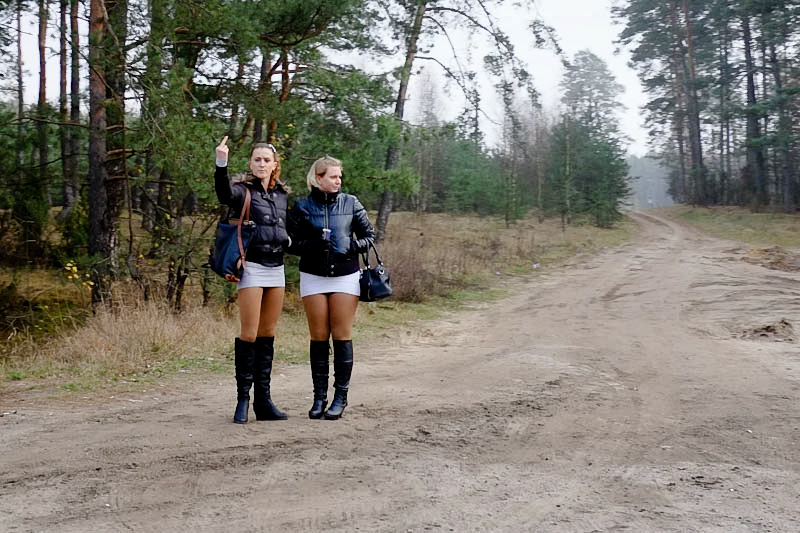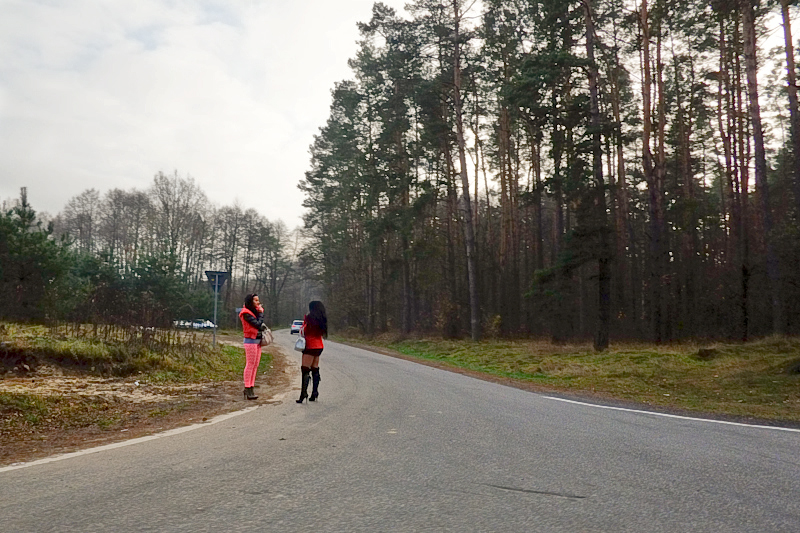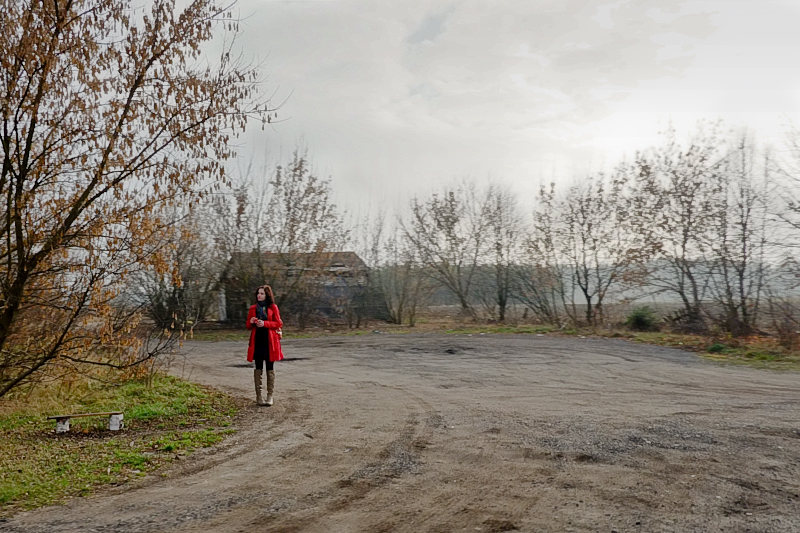Decoding The Forest Whore: Archetype, Myth, And Modern Taboos
Detail Author:
- Name : Geovany Grimes
- Username : lily.eichmann
- Email : toni52@hotmail.com
- Birthdate : 2006-12-11
- Address : 5367 Streich Rapids Moriahtown, DC 74408
- Phone : 616-879-6408
- Company : Wunsch-Goldner
- Job : Economics Teacher
- Bio : Sit recusandae vel adipisci quod corrupti. Et soluta omnis consequatur voluptas repellat illo et.
Socials
facebook:
- url : https://facebook.com/sigmund.konopelski
- username : sigmund.konopelski
- bio : Hic expedita amet laborum. Autem dolorem eos rem ut.
- followers : 4744
- following : 1814
twitter:
- url : https://twitter.com/sigmund_konopelski
- username : sigmund_konopelski
- bio : Ratione aut fugit veniam nisi deserunt cum aperiam eum. Laboriosam molestiae enim consectetur laborum architecto.
- followers : 3625
- following : 2843
Does the phrase "forest whore" conjure images of environmental degradation, sexual exploitation, or something far more complex? The term itself is a paradox, a collision of seemingly disparate concepts that forces us to confront uncomfortable truths about ourselves, our relationship with nature, and the societal forces that shape our perceptions.
The idea of the "forest whore" is multifaceted, evolving over time and encompassing various interpretations. It can be seen as a modern archetype, a symbol that reflects our anxieties about environmental destruction, the commodification of sexuality, and the blurring lines between nature and culture. Some view it as a cautionary tale, a representation of the consequences of unchecked exploitation and moral decay. Others interpret it as a subversive figure, a reclamation of female sexuality in a space traditionally associated with male dominance.
| Aspect | Description |
|---|---|
| Origins | Emerged from early environmental movements in the 1970s, initially used to critique the degradation of natural habitats. |
| Evolution | Expanded to include a range of behaviors, from littering and vandalism to broader discussions of environmental ethics and human impact on nature. |
| Interpretations |
|
| Modern Usage | Often found in online spaces, sometimes associated with explicit content or discussions about sex work in natural settings. This usage can be controversial and raises ethical questions. |
| Therapeutic Implications | Exploring the archetype can help individuals confront their fears, understand their own relationship with nature, and embrace aspects of themselves they may have repressed. |
| Related Concepts |
|
| Reference Website | Environmental Ethics on Wikipedia |


